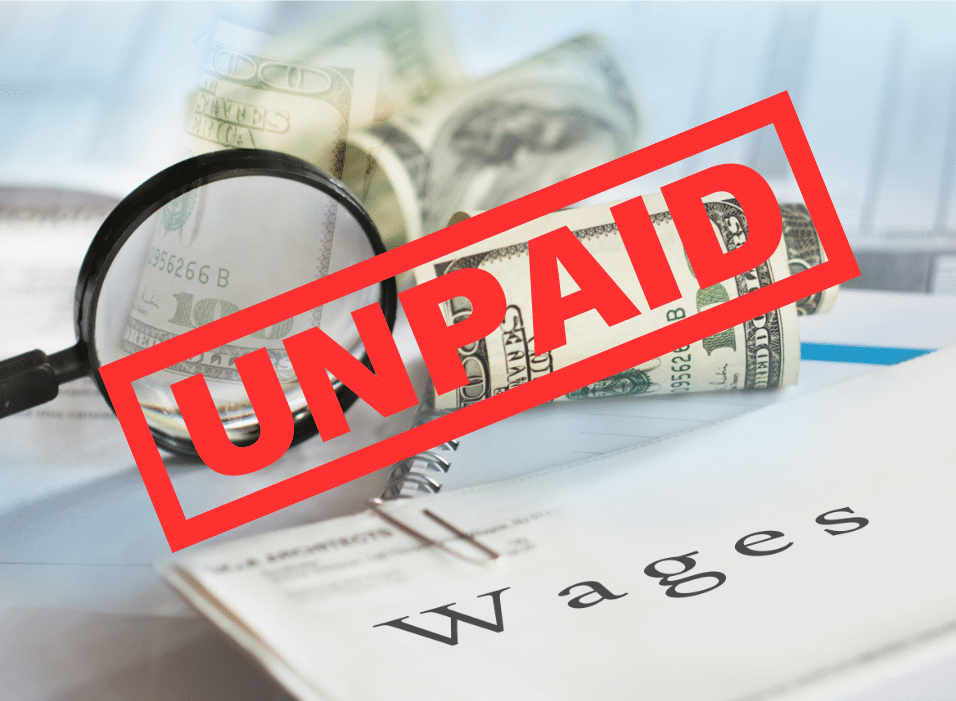Can Your Employer Force You to Work After Hours Without Getting Paid in the State of Rhode Island?

The Fair Labor Standards Act and Rhode Island state laws prohibit employers from requiring employees to work unpaid overtime. Learn more about your rights as an employee by discussing your situation with a highly qualified employment law attorney.
Understanding Employee and Job Applicant Rights to be Free from Pregnancy Discrimination and to Enjoy Reasonable Accommodations Relating to Pregnancy

Pregnancy discrimination is against the law. Understand employee and job applicant rights to be free from pregnancy discrimination and to enjoy reasonable accommodations relating to pregnancy.
Reasonable Workplace Accommodations for Disabilities: Addressing Changing Needs in Rhode Island

State and federal laws require employers to provide reasonable workplace accommodations for those with temporary or permanent disabilities. Discuss your options with a dedicated Rhode Island employment law attorney today to learn more.
Employee Rights Against Sexual Harassment in the Workplace

The world of sexual harassment in the workplace is complex and nuanced. Enlist the guidance of an experienced and caring Rhode Island employment law attorney to learn more about the reporting process and potential remedies available to you.
New Overtime Rule Raising Salary Thresholds for Exemptions

On April 23, 2024 the U.S. Department of Labor finalized a substantial update to overtime rules, raising the standard salary threshold for exempt employees and highly compensated employees meaning overtime eligibility, raises, or both for an estimated 4 million salaried workers. To make sure you understand your rights and the wages you are owed under these new rules, contact a lawyer who specializes in overtime pay, wage and hour law, and employment law.
What to Do When You’re Wrongfully Terminated in Rhode Island

If you think you may have been wrongfully terminated from your job because of discrimination, for taking protected leave, in retaliation for protected conduct, or because of other illegal actions on the part of your employer, there may be legal remedies available to you. To ensure your rights are protected if you have been wrongfully terminated, it is essential to contact a highly qualified Rhode Island employment law attorney as soon as possible.
What Defines Sexual Harassment in Rhode Island and Massachusetts?

Federal and state laws protect Rhode Island employees from being victims of sexual harassment in the workplace. Unwanted touching, suggestive comments, and other advances can create a hostile work environment, so discuss your options with a caring employment law attorney today.
Understanding Unpaid Wait Time and Employee Misclassification in Rhode Island

The misclassification of an employee can negatively impact workers in several ways, such as denying them overtime, paid time off, paid wait time, and other benefits. Discuss your options with a skilled Rhode Island employment law attorney today to learn more.
Wage Theft to Become a Felony in Rhode Island Starting January 1, 2024

On June 22, 2023, Rhode Island Governor Daniel McKee signed legislation increasing the possible criminal penalty for an employer committing wage theft to that of a felony beginning January 1, 2024.
Faith Gets a Fair Shake: Supreme Court Bolsters Protections for Religious Accommodations in the Workplace

In a unanimous decision on June 29, 2023, the Supreme Court in Groff v. DeJoy, Postmaster General, No. 22-174, overturned lower court decisions and reiterated what it means for an employer to experience “undue hardship” when asked to provide religious accommodations.



